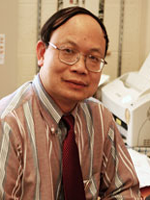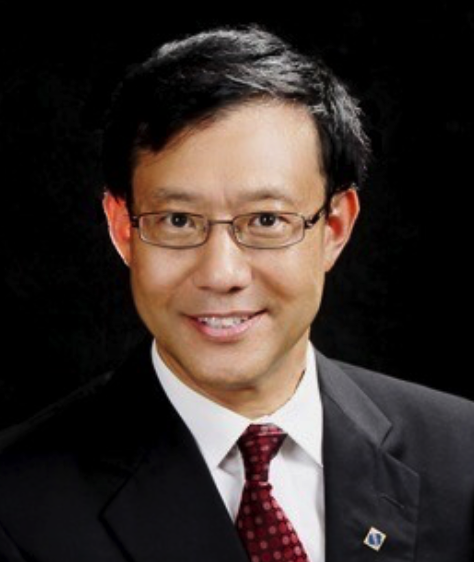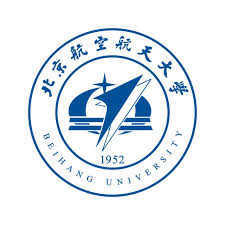

Prof. Sun-Yuan Kung IEEE Fellow, Princeton University, USA |
Bio: Professor S.Y. Kung received his Ph.D. Degree in Electrical Engineering from Stanford University in 1977. In 1974, he was an Associate Engineer of Amdahl Corporation, Sunnyvale, CA. From 1977 to 1987, he was a Professor of Electrical Engineering-Systems of the University of Southern California, L.A. Since 1987, he has been a Professor of Electrical Engineering at the Princeton University. In addition, he held a Visiting Professorship at the Stanford University (1984); and a Visiting Professorship at the Delft University of Technology (1984); a Toshiba Chair Professorship at the Waseda University, Japan (1984); an Honorary Professorship at the Central China University of Science and Technology (1994); and a Distinguished Chair Professorship at the Hong Kong Polytechnic University since 2001. His research interests include VLSI array processors, system modelling and identification, neural networks, wireless communication, sensor array processing, multimedia signal processing, bioinformatic data mining and biometric authentication.
Professor Kung has authored more than 400 technical publications and numereous textbooks, Professor Kung has co-authored more than 400 technical publications and numerous textbooks including "VLSI and Modern Signal Processing," with Russian translation, Prentice-Hall (1985), "VLSI Array Processors", with Russian and Chinese translations, Prentice-Hall (1988); "Digital Neural Networks", Prentice-Hall (1993) ; "Principal Component Neural Networks", John-Wiley (1996); and "Biometric Authentication: A Machine Learning Approach", Prentice-Hall (2004).
Professor Kung is a Fellow of IEEE since 1988. He served as a Member of the Board of Governors of the IEEE Signal Processing Society (1989-1991). He was a founding member of several Technical Committees (TC) of the IEEE Signal Processing Society , including VLSI Signal Processing TC (1984), Neural Networks for Signal Processing TC (1991) and Multimedia Signal Processing TC (1998), and was appointed as the first Associate Editor in VLSI Area (1984) and later the first Associate Editor in Neural Network (1991) for the IEEE Transactions on Signal Processing. He presently serves on Technical Committees on Multimedia Signal Processing. Since 1990, he has been the Editor-In-Chief of the Journal of VLSI Signal Processing Systems.
Professor Kung was a recipient of IEEE Signal Processing Society's Technical Achievement Award for his contributions on "parallel processing and neural network algorithms for signal processing" (1992); a Distinguished Lecturer of IEEE Signal Processing Society (1994) ; a recipient of IEEE Signal Processing Society's Best Paper Award for his publication on principal component neural networks (1996); and a recipient of the IEEE Third Millennium Medal (2000).
|

Prof. Xiaodong Zhang Robert M. Critchfield Professor in Engineering, Department of Computer Science and Engineering, The Ohio State University, USA. |
Bio:
Xiaodong Zhang is the Robert M. Critchfield Professor in Engineering and Chair of the Computer Science and Engineering Department at the Ohio State University. His research interests focus on data management in computer and distributed systems. He has made strong efforts to transfer his academic research into advanced technology to update the design and implementation of major general-purpose computing systems. He received his Ph.D. in Computer Science from University of Colorado at Boulder, where he received Distinguished Engineering Alumni Award in 2011. He is a Fellow of the ACM, and a Fellow of the IEEE.
|






